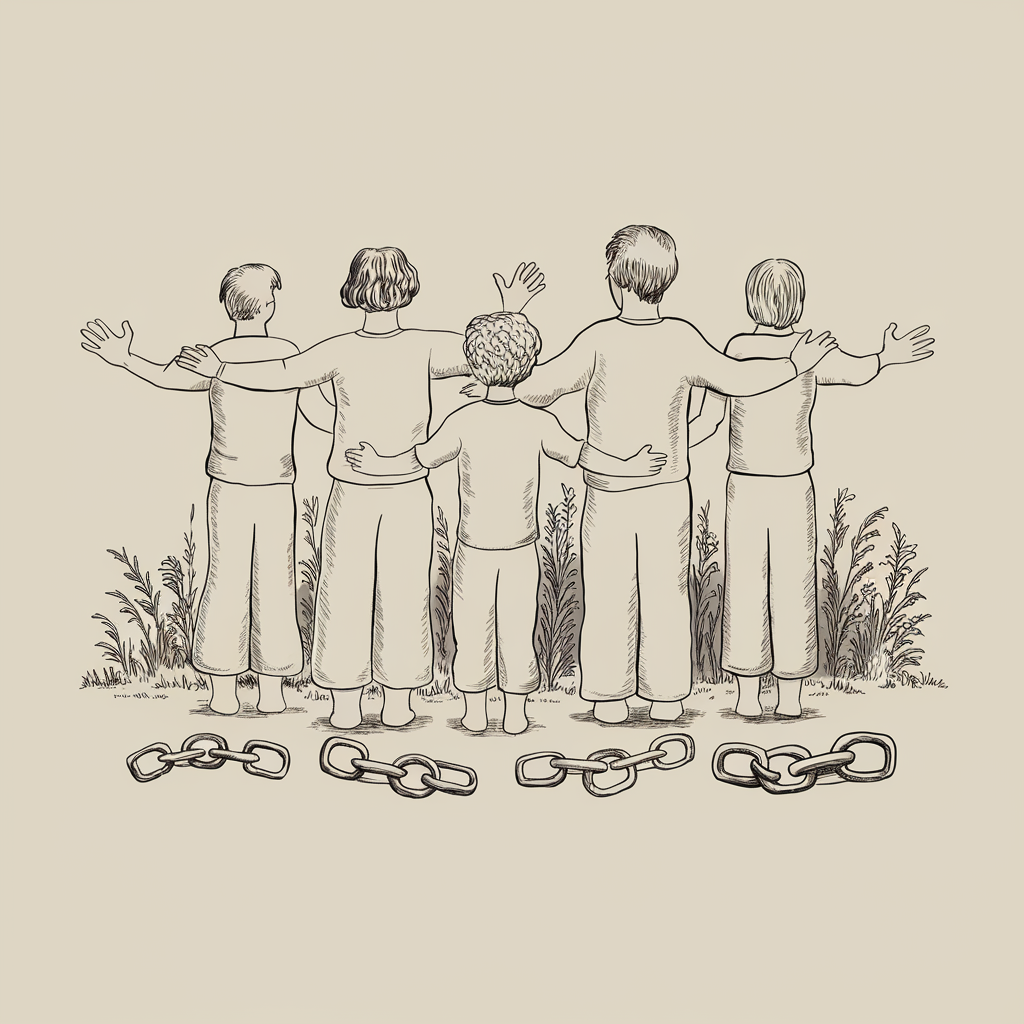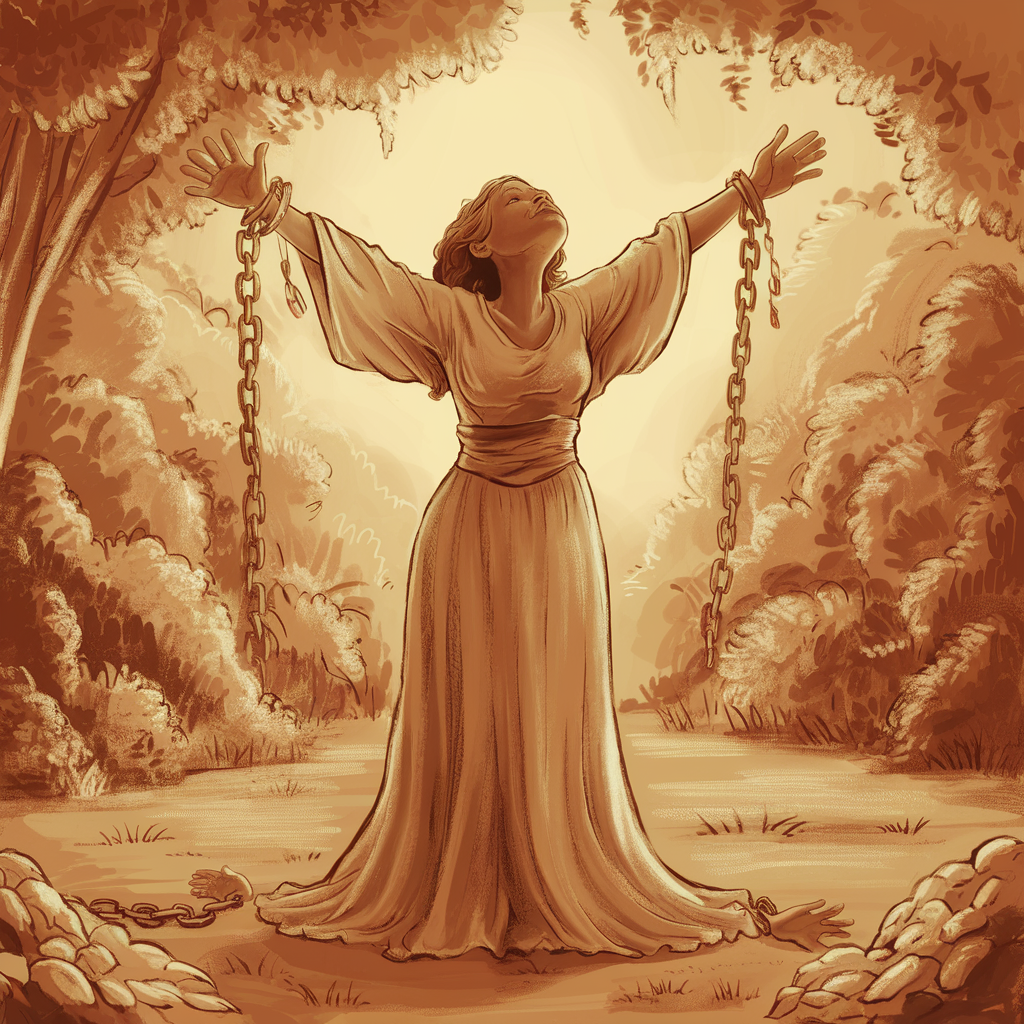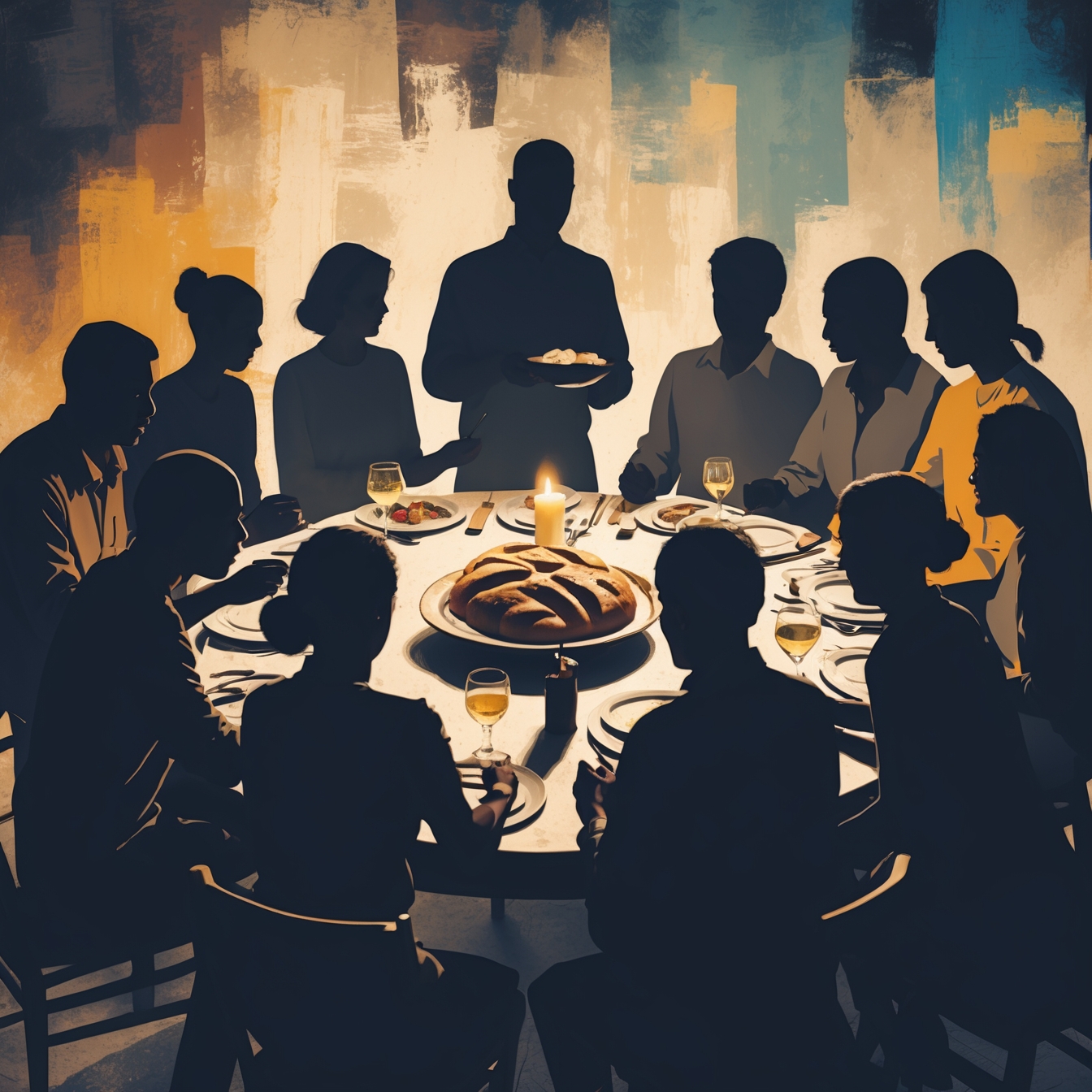
You belong to me.
Some are uncomfortable with that phrase. The possessive aspect sounds restrictive. It sounds like ownership. Nobody owns me, is the response to that. My parents didn’t raise me for someone else to “possess” me, is the reaction. I’m my own person, I can do what I want, is the retort to such a suggestion.
That is perfectly understandable. Until we hear Jesus talk about our tendency to be slaves to something. We’re going to serve someone or something, is what Jesus says. In a real way, as we give ourselves over to material possessions, personal security, fretting over the family, the pursuit of happiness, the desire to be loved, the need to be wanted, the compulsion for glory – whatever it is in as much as we devote ourselves to it so we are possessed by it – so it possesses us.
That concern of being restricted and owned is legitimate because it happens when we are possessed. We’re not as free to do whatever we want as before. We’re constrained by whatever possesses us. People talking about being free to do whatever they want also understand how their actions are constrained by whatever they seek as a priority. The “free to do whatever you want” mantra only operates on the surface. For depth and substance of character, it helps if we’re anchored in something and can reflect on knowing we have credibility because what we pursue and say matters to us.
That is to say, however much there’s great stress on free will and liberty as crucial concepts of life, they still cannot override the reality that, in some shape or form, we will be possessed and belong to something or someone.
The issue is all about who or what says you belong to me.
For centuries, the people of Israel had experienced slavery. They experienced what it was to be subjected by force to someone else saying, “You belong to me”. Used to develop their social structure and political magnificence, the worth of the Israelites was marked by Pharaoh enslaving and controlling them.
To break the stranglehold, their Father paid the price to buy them back. Through ten powerful signs, including the death of the firstborn as a shadow of what was to come, the Father told Pharaoh in no uncertain terms that the Israelites did not belong to Egypt. As He took them through the Red Sea yet on dry land, so He submerged them for them to emerge truly free from the grasp of their previous slave owners. The Egyptian forces they saw at one end of the sea – they would not see them again. They were purchased at a price, and their Father had every right to turn to them and say, “You belong to me.”
The significance of that established a nation. They were only a nation because the price was paid. They were only a people because they were redeemed. They owed everything to the faithful Father who kept His covenant from when He called Abram. No ordinary calling, but a majestic call to belong to the Creator of the universe in a covenantal relationship that saw this Almighty betroth Himself to a nation. He belonged to them, and they belonged to Him.
The imagery of that covenant throughout what we refer to as the Old Testament paints a picture of the faithful and the faithless. The patience against the rebellious. The endurance against those who persistently strayed from right relationship with their Redeemer. Yet, for all the betrayals, wanderings, and neglect, the one who redeemed them never turned from His promise.
In Christ, who emerged incarnate through the promise of the covenant, the redemption plan was extended to all humanity. As Egypt enslaved Israel, so humanity was enslaved to sin. The only way that there could be liberation was through the death of the only begotten Son so that His death could pay the price and those who acknowledged that could, through submerging in baptism, emerge the redeemed. As it was a people who emerged, those who trusted in death and resurrection by faith belonged to the redeemed people.
The People Redeemed no longer belong to this world. The People Redeemed are no longer enslaved to sin. The People Redeemed no longer identify themselves with being possessed by the evil one. The People Redeemed belong to God. The People Redeemed live in the light of the amazing grace that rescued them. The People Redeemed rejoice for the great work of salvation that didn’t just take them out but brought them through. The People Redeemed celebrate their Redeemer regularly, recognising that the price for their redemption was great and a reflection of the Great One to whom they now belong.
The People Redeemed have no problem acknowledging that they belong to God. The People Redeemed hear the words, “You belong to me” from their great heavenly Father and don’t feel restriction; they feel true security. The People Redeemed embrace the words, “You belong to Me”, and understand that this liberty is as much about what they’re free to become as it is free from fatal hindrances.
This is what makes the People Redeemed so distinctive from a world enslaved to so many things that do not liberate or shape to live abundantly. The People Redeemed resonate with the reality among them that by the power of the Holy Spirit, they do not have to live in fear or rely on pride; they can remember that they are members of the family of God because they are redeemed.
They are not just a People Redeemed but a People Reconciled …
For His Name's Sake
C. L. J. Dryden
Shalom





